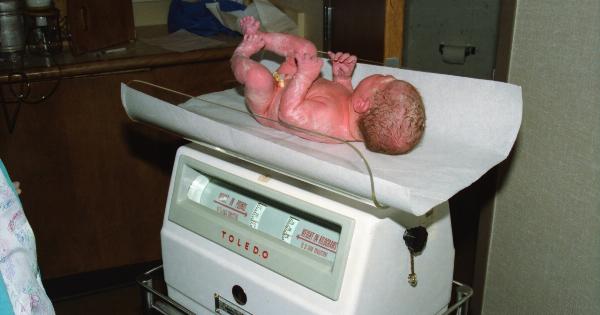Having a baby is an incredible experience, but it can also be quite challenging, especially when your little one won’t stop crying. As a parent, it’s natural to feel overwhelmed, stressed, and unsure of what to do.
However, know that you are not alone. Many parents go through the same situation, and there are steps you can take to soothe your crying baby and find some relief.
Understanding Why Babies Cry
It’s important to recognize that crying is the primary way babies communicate. Crying can have various meanings, such as hunger, discomfort, sleepiness, or the need for a diaper change.
Sometimes, a baby may cry simply because they want to be held and comforted. Understanding the reasons behind your baby’s crying is the first step in addressing the issue.
Check for Basic Needs
The first thing you should do when your baby won’t stop crying is to check for their basic needs. Ensure that your baby is well-fed, with a clean diaper, and not too hot or cold. Sometimes, even a small discomfort can lead to continuous crying.
Create a Calming Environment
Babies can be easily overstimulated, which can make them fussy and irritable. Create a calming environment by reducing noise, dimming the lights, and playing soothing music.
Some babies find comfort in white noise, such as the sound of a fan or a womb simulator.
Try Different Soothing Techniques
Every baby is unique, so it’s essential to experiment with different soothing techniques to find what works best for your little one. Some babies find comfort in being swaddled tightly, while others prefer gentle rocking or rhythmic motion.
You can also try using a pacifier or offering a warm bath, as these can sometimes help soothe a crying baby.
Seek Support from Others
Caring for a crying baby can be emotionally draining, so it’s important to reach out for support from your partner, family, or friends. Sometimes, having someone else hold and soothe the baby can provide you with a much-needed break.
Additionally, connecting with other parents through support groups or online forums can offer valuable advice and reassurance.
Consider Medical Reasons
If your baby’s crying persists and you’ve ruled out the basic needs, it may be time to consider medical reasons. Babies can experience discomfort and pain due to colic, reflux, gas, or other underlying health issues.
Consult with your pediatrician to rule out any medical conditions and seek appropriate treatment if necessary.
Take Care of Yourself
Remember, taking care of yourself is just as important as taking care of your baby. Lack of sleep, stress, and exhaustion can make it more challenging to cope with a crying baby.
Ask for help when needed, take breaks, and prioritize self-care whenever possible. Taking care of your own well-being will enable you to be a better parent for your little one.
Know When to Ask for Help
If you find yourself feeling overwhelmed and unable to cope with your baby’s constant crying, don’t hesitate to seek professional help.
Pediatricians, therapists, and counselors can provide guidance, support, and coping strategies for managing this challenging phase.
Remember, It’s Temporary
Although it may feel like an eternity, the phase of constant crying will eventually pass. Most babies naturally grow out of excessive crying as they develop and become more aware of their surroundings.
Hang in there, and remember that you are doing the best you can for your baby.



























